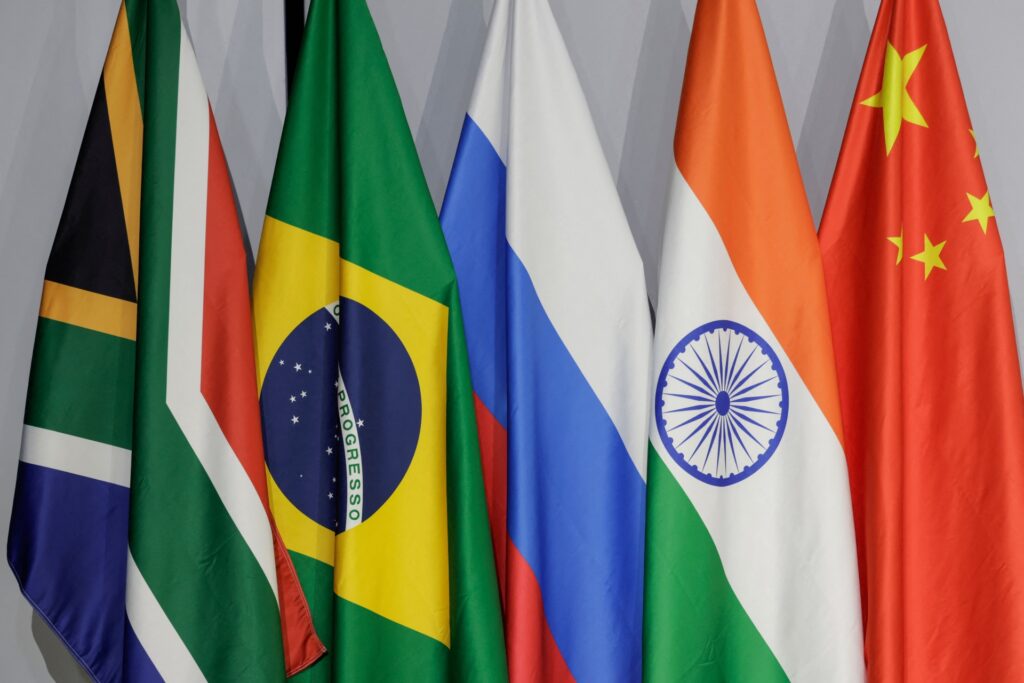Commercial Bank of Qatar’s Fahad Badar discusses Brics’ growth and its impact on global economics.
The Brics economic alliance, originally comprising Brazil, Russia, India, China, and South Africa, is witnessing expansion with Gulf nations set to join. In an op-ed for Gulf Times, Fahad Badar, Executive General Manager of International Banking at Commercial Bank of Qatar, delves into the significance of this development, highlighting the bloc’s focus on economic cooperation, finance, and trade, challenging the established Western order.
Brics – A global economic movement
Since its inception as BRIC in the early 21st century, the Brics alliance has evolved into a global movement, reflecting the potential of emerging economies, according to Badar. With the inclusion of South Africa, the alliance expanded its scope, fostering cooperation among non-Western nations. While not aspiring for a unified political structure, the bloc aims to create alternatives to Western institutions, particularly in the realm of development.
Brics Plus: Gulf and African nations joining
Badar notes a significant development as the Brics alliance expands to “Brics-Plus”, with Gulf and African nations set to join. This year, Ethiopia, Iran, Saudi Arabia, Egypt, and the United Arab Emirates will become part of this influential economic grouping. While Argentina’s withdrawal signals a shift towards a more pro-Western stance, it may not impede the overall growth of the Brics movement.
The New Development Bank
The most tangible manifestation of Brics cooperation, according to Badar, is the New Development Bank, operational since 2016, focusing on infrastructure and sustainable development. Badar emphasizes the importance of this initiative, which has approved 96 projects worth USD 32.8 billion, distributed fairly among the member nations. The bank’s expansion in 2021 to include Uruguay, Egypt, the United Arab Emirates, and Bangladesh underscores its global reach.
Challenges and opportunities
While the Brics nations prioritize economic development and cooperation, potential challenges arise with the inclusion of new members. Decision-making complexities may emerge due to diverse populations and economic sizes, Badar anticipates pragmatic solutions to ensure the alliance’s positive impact on global economic development.
Shifting dynamics
Contrary to the common perception of Brics as anti-Western, the alliance focuses on economic cooperation and development, according to Badar. Although the US champions a rules-based international order, some states experience Western-centric rules that may not align with their interests. Badar underscores the alliance’s potential role in providing alternatives to the US dollar, citing examples like the rupee-denominated oil transaction between India and the UAE in 2023.
In conclusion, according to Badar, the Brics alliance, with its expanding influence and strategic inclusion of Gulf nations, signifies a paradigm shift in global economic dynamics. Badar anticipates positive contributions to economic development as the alliance navigates challenges and focuses on pragmatic solutions. The world watches as Brics continues to redefine the rules of global economic engagement.
For more trade news, visit our dedicated portal.
